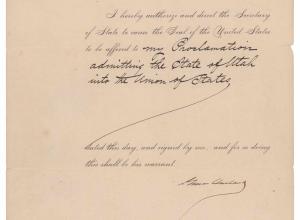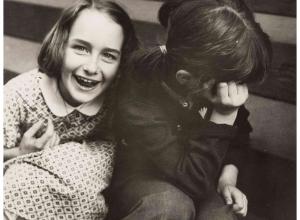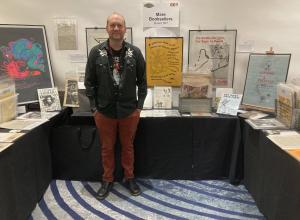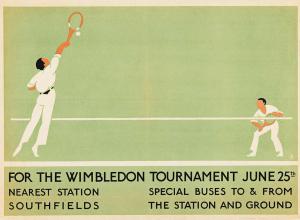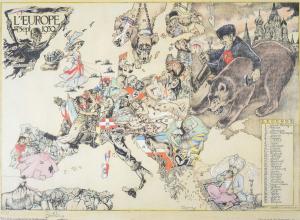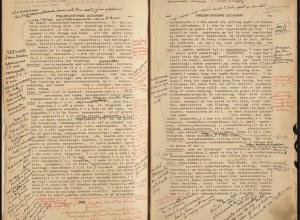Exhibition for Exiled Artists Takes Place in Gardens and Living Rooms of Paris
Readers of our sister site Art & Object may recall a story from January 2018 on the Parisian organization known as Atelier des Artistes en Exil (AA-E), an arts center that welcomes painters, poets, writers, and musicians chased from their homelands to its 10,000-square-foot space on rue des Poissonniers to practice their craft in peace. Since November 2017, over 200 exiles from Syria, Afghanistan, Somalia, and other wartorn countries have found artistic refuge at the organization founded by Judith Depaule and Ariel Cypel, a pair known for piloting engaged communal artistic spaces throughout Paris. Patrons are welcome to work in the studios, seek legal advice, or even take French lessons, all provided free of charge thanks to generous donations from benefactors around the world.
On July 8, the AA-E wrapped up a free two-week festival dedicated to educating the neighborhood (the working-class 18th arrondissement) about the people who participate in AA-E programming by hosting a selection of workshops, demonstrations, and exhibitions while also saying "merci" to the locals who welcomed the AA-E in 2017.
Highlights included a solo concert by Samih Choukier, a musician and activist who left Syria for good in 2010 to be able to perform as he pleased while also protesting the Assad regime. Congolese writer and performer Perlige Sita-Kouikani staged a one-man show full of stories from his childhood, and Ukranian refugee and choreographer Cleve Nitoumbi performed a vibrant fusion of hip-hop and street jazz.
The catch? The festival was held not at AA-E headquarters, but in gardens and salons offered as impromptu performance space by residents of the 18th arrondissement. "It [the AA-E] suffers from a lack of visibility in the neighborhood," explained festival organizer François Kalinowski in a recent interview with Le Monde, "We want to tell our neighbors that the Atelier des Artistes en Exil is here, in your neighborhood, with you!" Here's hoping the festival helped bridge the divide and encouraged greater awareness and hospitality for the people finding solace and a creative outlet at the AA-E.





